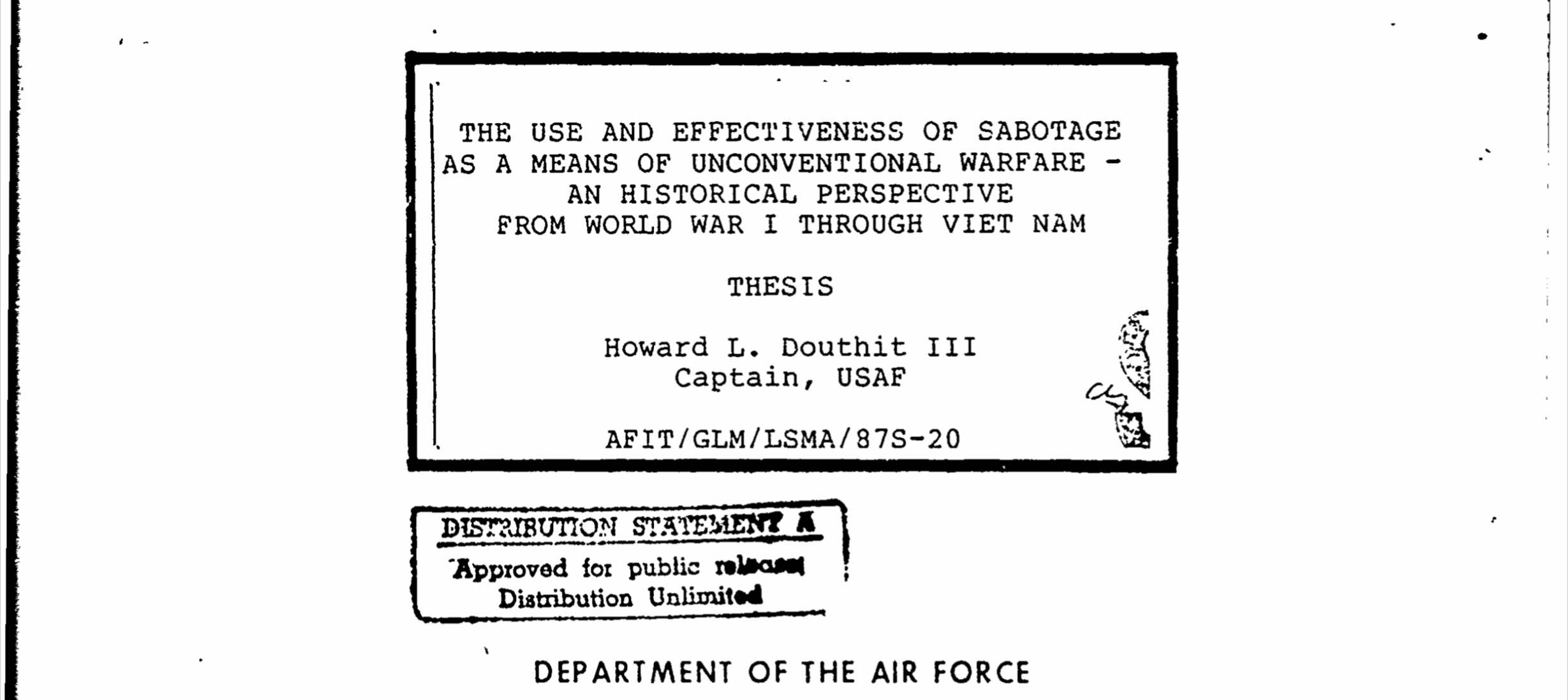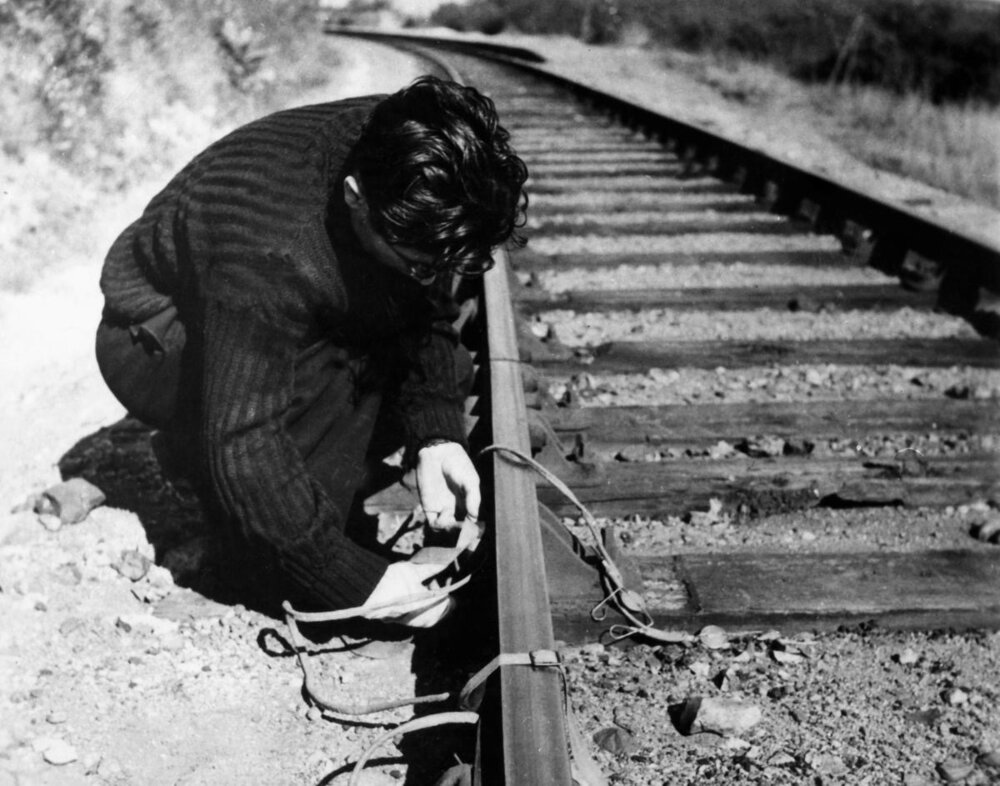
Why has environmental activism been ineffective?
by Liam Campbell Humanity has a long history of environmental activism, likely extending far beyond the reaches of recorded history. It’s easy to imagine warring tribes of indigenous peoples struggling against exploitative and excessively greedy neighbours. Competing tribes probably used violence to prevent each other from overconsuming fisheries, harvestable plants, and driving game to extinction. These actions maintained equilibrium within the broader ecosystem and allowed the indigenous humans to survive indefinitely. Fulfilling these obligations to nature would not have been easy; people would have experienced more frequent hunger, higher rates of mortality, and for frequent incidents of violence. Most of these cultures had warrior classes whose obligations often included ritualised violence against competing groups, though rarely did conflict escalate into total war. ...






